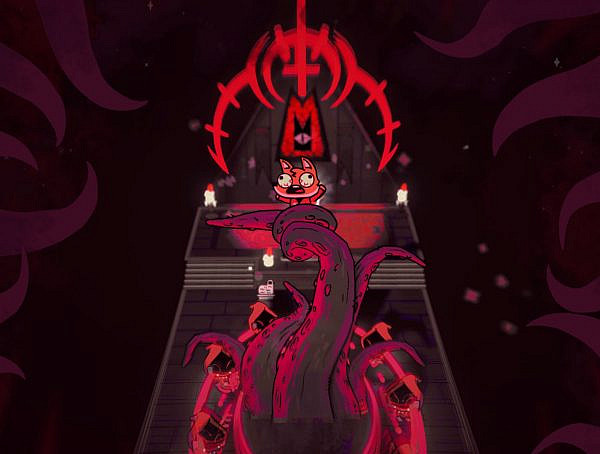In his case study “(Re)Mastering Dark Souls”, Timothy Welsh, an associate professor at Loyola University New Orleans, discusses the ludic sublime of Dark Souls, how Dark Souls’ product model compares to the games-as-service model, and the importance of creative play in a time where neoliberalism drives games towards ubiquitous productivity.
The main concept in Welsh’s article is ludic sublime, which is manifested through the player’s desire to master the game clashing with the sheer impossibility of reaching a complete knowledge of the game’s system, resulting in an aesthetic moment in the player’s gaming experience.
Welsh argues that in Dark Souls the player’s sublime experiences decrease over time. Through the experience and repetition, players gain vast knowledge about the game, which changes their relationship with the virtual space. Once treacherous instances will be routinized, and the player’s gameplay will be defined by the mental figure they have developed of the game. The ludic sublime might become less significant as the players pursue their own purposes within the game.
The researcher discusses the significance of cooperation in Dark Souls. As cooperation and tip sharing are important parts of the game, it’s inevitable that the overall skill and knowledge of the player base will increase over time, resulting in shifts in the metagame. The time since Dark Souls‘ release, the number of active players and the amount of game content on the internet might have an effect on the player’s sublime experiences. He compares Dark Souls‘ product model to the games-as-service model, arguing that neoliberal reformatting of play might affect Dark Souls. While the games-as-service model rewards efficient and productive players, Dark Souls also rewards players that strive for optimized late-game builds.
According to Welsh, Dark Souls might still offer the ludic sublime. The player base has created late-game playstyles that limit the player’s abilities and choices on purpose, which results in decreased efficiency and productivity. Welsh states that such playstyles are important in resisting the shift towards the strive of productivity and efficiency.
At the end of the article, the associate professor discusses that action should be taken to preserve a gaming culture that does not simply strive towards productivity. Welsh encourages video game scholars to be involved with creative playstyles while using the evolution of Dark Souls‘ playstyles as examples of how difficult they are to identify. He emphasizes that the community will always have the edge in mastery compared to individual players, and while guides, summaries, and strategies have an effect on one’s game experience, they are irreplaceable for modern games.
Original article: (Re)Mastering Dark Souls
Authors and institutions: Timothy Welsh, Loyola University New Orleans
Publication: Game Studies, Volume 20, Issue 4
Published: December 2020
Online: http://gamestudies.org/2004/articles/welsh
Image source: “Dark-Souls-Remastered-010518-001” by instacodez is marked under CC PDM 1.0.
You might also like
More from Game Research Highlights
How do you want to do this? – A look into the therapeutic uses of role-playing games
Can playing RPGs contribute positively to your wellbeing? A recent study aims to find out how RPGs are being used …
Eldritch horrors and tentacles – Defining what “Lovecraftian” is in games
H.P. Lovecrafts legacy lives today in the shared world of Cthulhu Mythos and its iconic monsters. Prema Arasu defines the …
Of claws and cuddles: Exploring Dark Cozy Games
Cute, wholesome, safe....dark, heavy, violent? Let's talk about dark cozy games!













